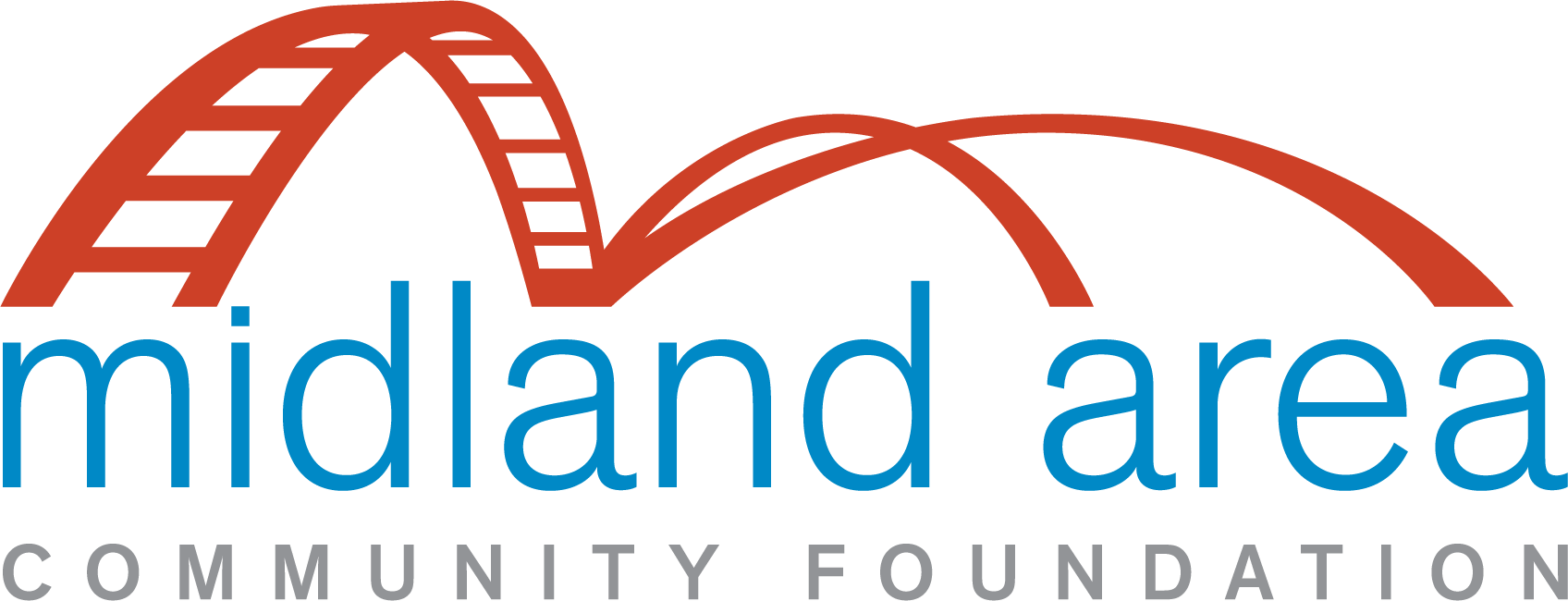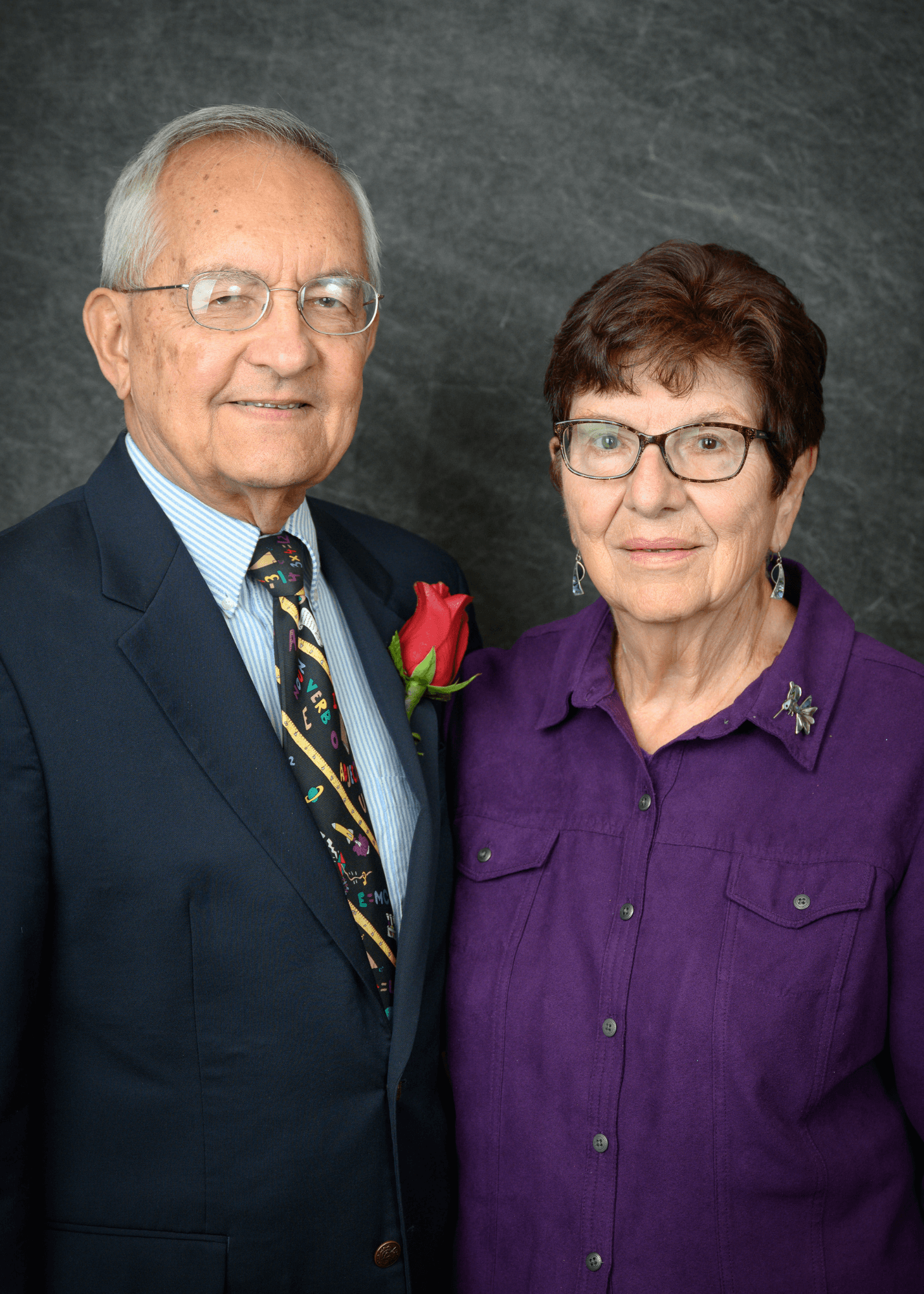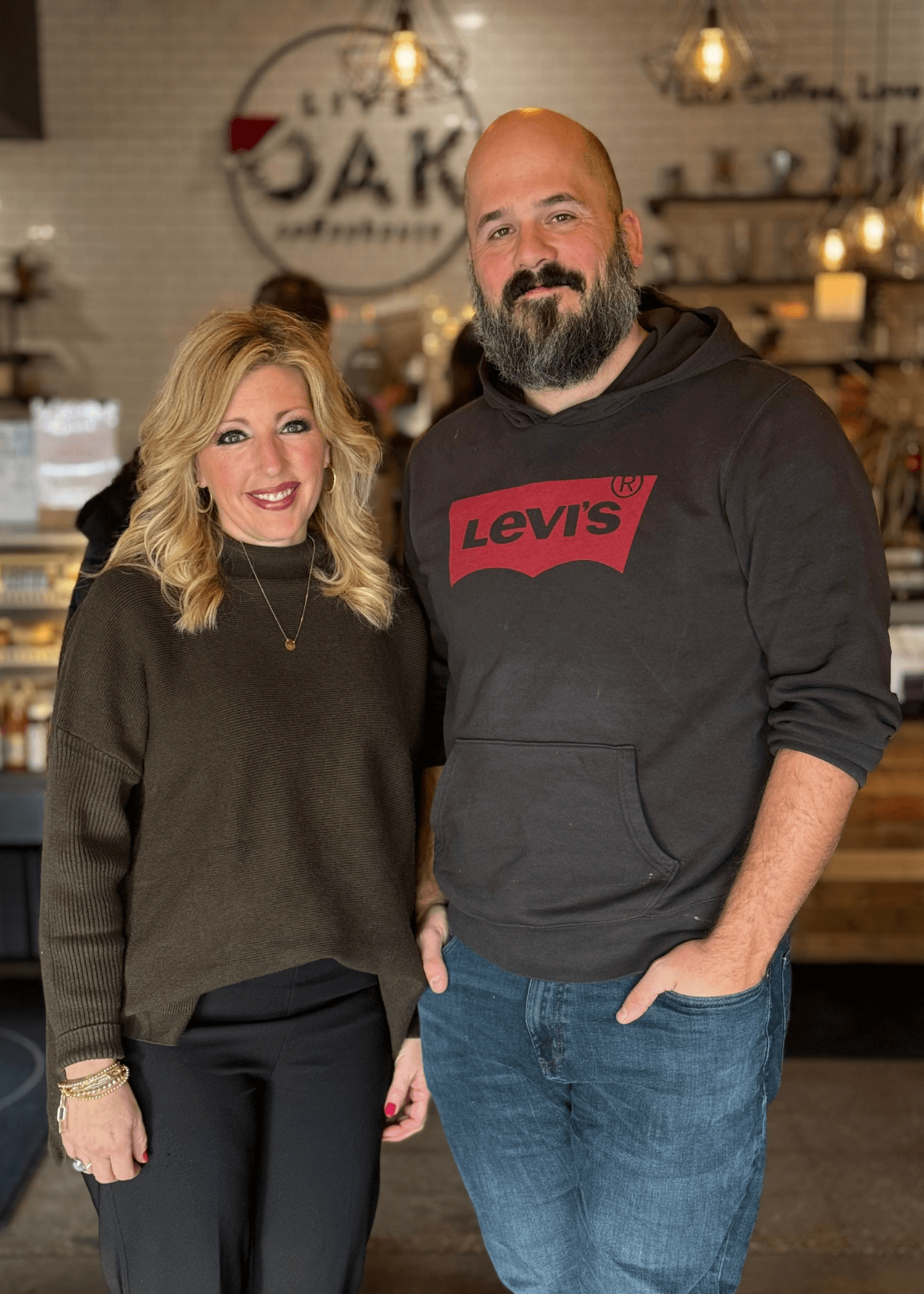Dick & Donna Dolinski – In Their Own Words, Documented by Phil Eich
“I am a scientist, and scientists always need to have a premise or hypothesis, as they call it, about what you think and then run experiments to test it. So, when I retired from Dow after 32 years, and after observing educational outcomes, my premise was that conditions outside the classroom affect learning and development outcomes far more than what happened in the classroom.
I started The Legacy Center to do research on kids’ learning and developmental activities and influences outside the classroom. Then, we would do research on the barriers and hindrances that were identified and then develop programs and interventions to address those barriers and implement them. So, we were kind of a ‘Think-and-Do-Tank.’ Think about it, research it, and then do something about it.
But as a scientist, I’m all about data. I want to know about outcomes, not activities. We want to know, did behavior change? Was it positive, and did it influence the desired results that people wanted?
So, we required that anyone who collaborated with us would keep track of metrics associated with the outcomes that were desired. We put the measures together, and we gave them to our collaborative partners. Then they would collect the data and give it back to us, and we crunched the numbers to determine whether and to what extent the program was effective. If it was, we’d pile on. If it wasn’t, we might try tweaking, but in general, our resources are limited, so we backed off.
So that’s the history of The Legacy Center. We started it in 2004, so this is our 19th year.
One of the pieces of research we did was about early childhood education. There’s a staggering amount of data saying that about 85% of all the brain horsepower that anybody has is developed in the first five to six years of life.
Unfortunately, kids from families who are economically disadvantaged suffer at this age because they’re not exposed to the same amount of brain-developing activity, so we came up with this idea of improving access to quality preschool for economically disadvantaged families. But we needed support, and many doors closed until we went to see Sharon at the Midland Area Community Foundation.
She said, ‘You know, we give away $800,000 a year at the Midland Area Community Foundation for post-secondary scholarships. Why don’t we have a preschool scholarship program?’ It was one of those blinding flashes of the self-evident, ‘Why don’t we do this?’ So, we did. We put a fund together.
That’s what the Ready For School Scholarship Program is, a scholarship program for economically disadvantaged families that enable them to send their kids to a quality preschool.
We also spun off another nonprofit called Midland Kids First, which is focused only on high-risk kids in the juvenile justice system. We try to provide interventions to rehabilitate them.
We also are very keen on going upstream. We want to go to the earliest possible place in someone’s life and make the investment there. So, preschool fits perfectly there because it’s really tough to start embedding concepts of learning as the child ages. It doesn’t work that way.
Fortunately, we both live by one word – service. We feel that we’re here to serve others, not to serve ourselves. So, we’re always looking for opportunities to provide service, whether it is with our time, our treasures, etc. This one just happened to be a bigger effort than what we’d ever imagined it could be.
We have to give Sharon a lot of credit for the preschool scholarship. Without her idea, we’d still be plodding along. We spent four years getting doors closed on us, and she had the breakthrough idea of endowing a scholarship at the front end of the curve instead of on the other end where everybody else does it. It’s so self-evident after the fact. Yet, we’re so acculturated to post-secondary scholarships that nobody ever thought of preschools, but she did.
I think everybody agreed the investment was a good idea. But the idea of putting it in an endowed scholarship makes it sustainable. We’ll never run the risk of dropping the program because it ran out of money.”





